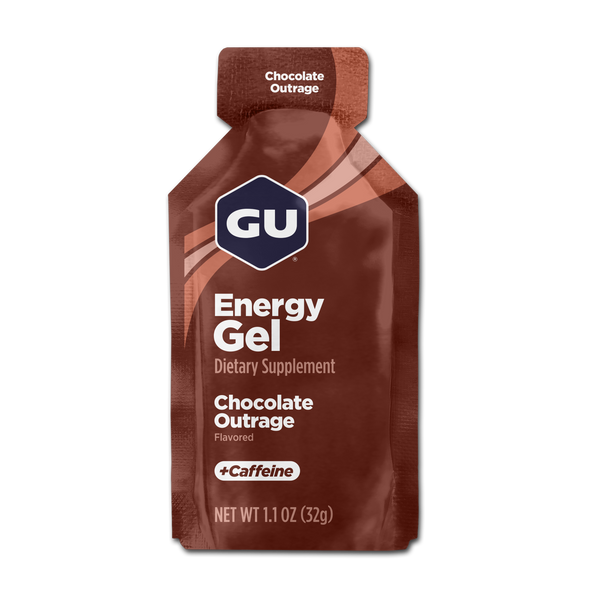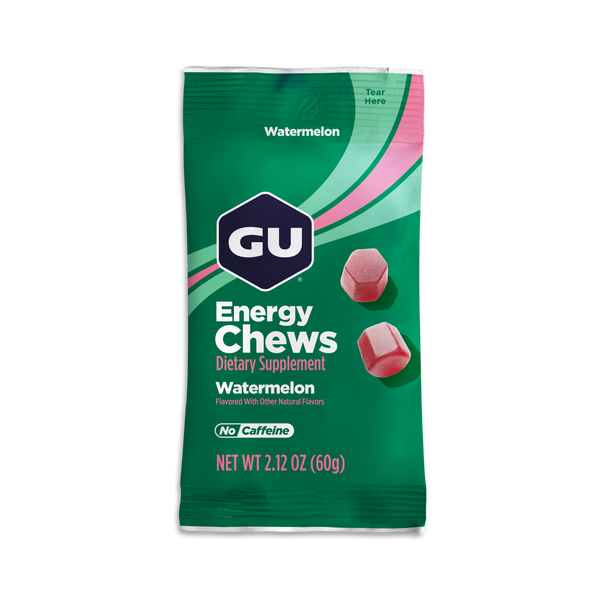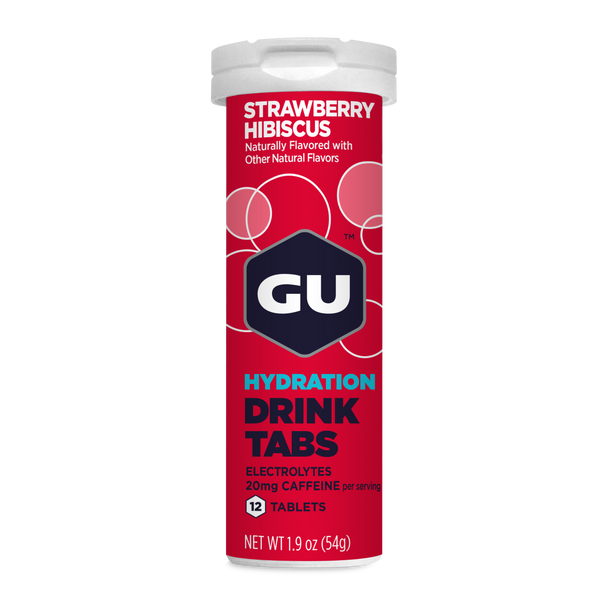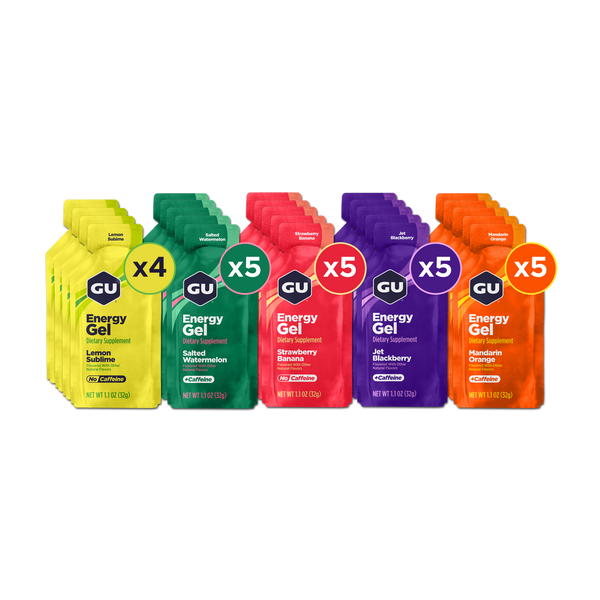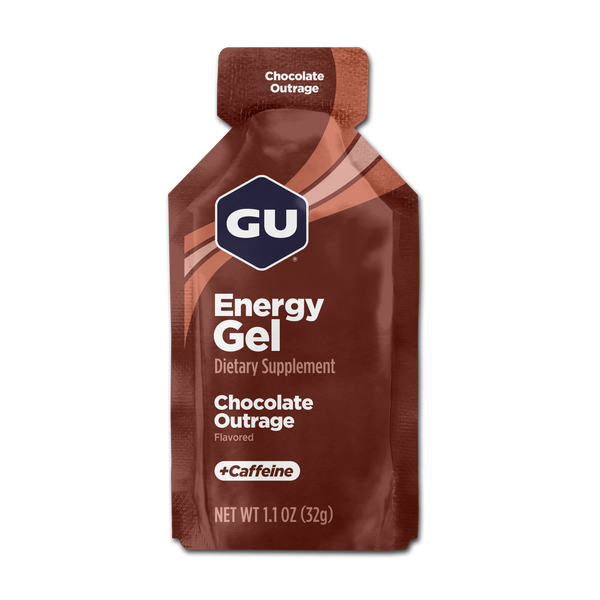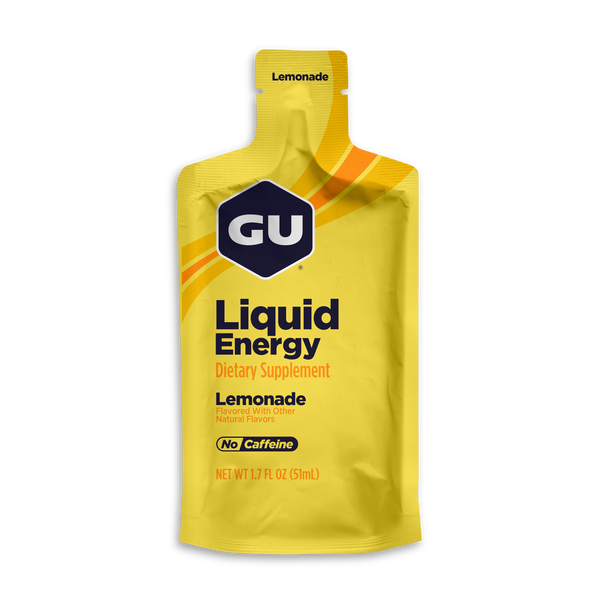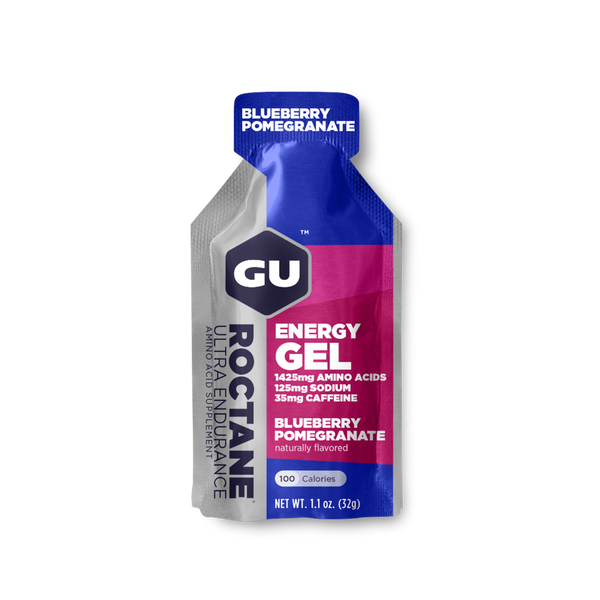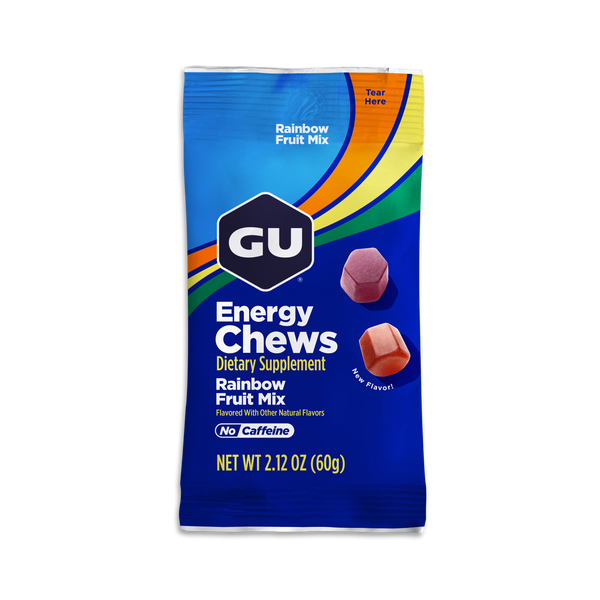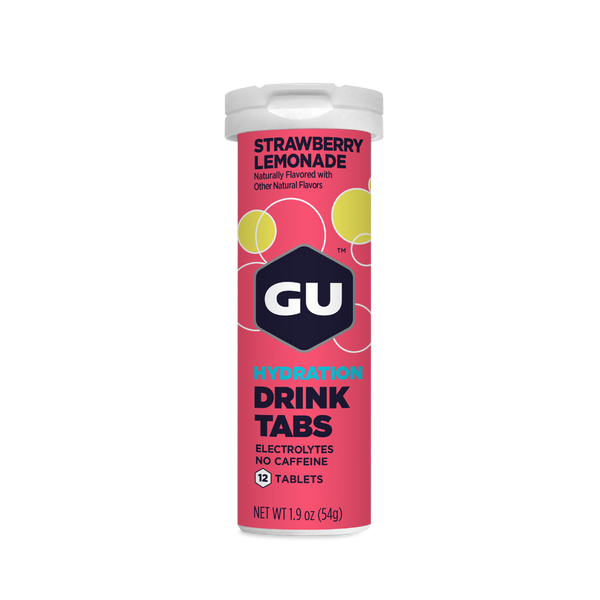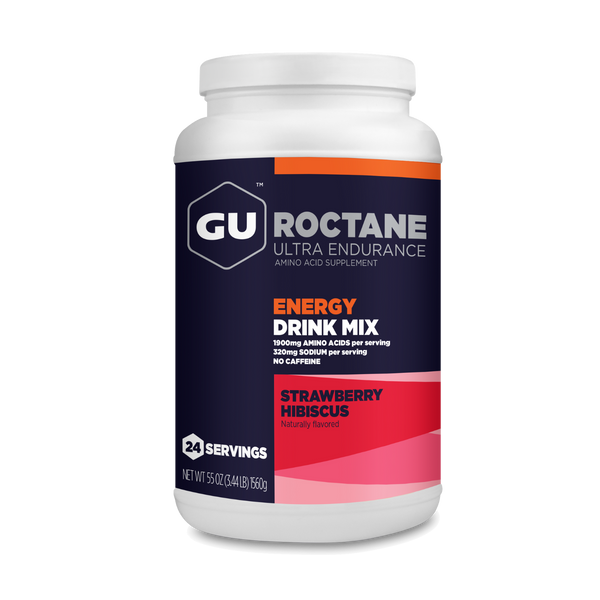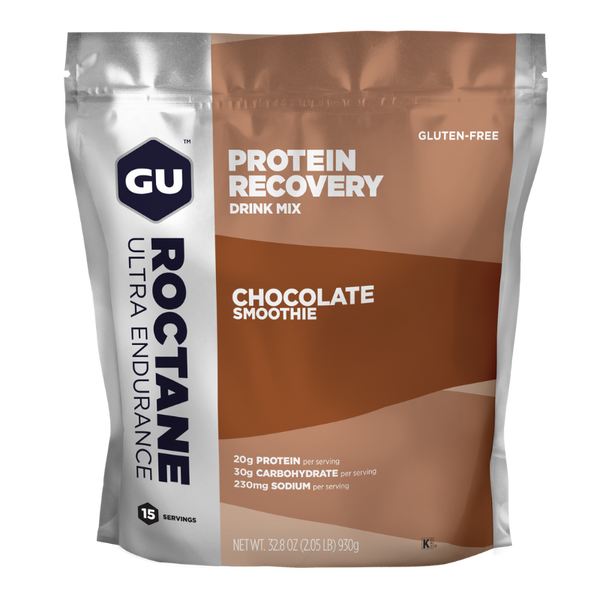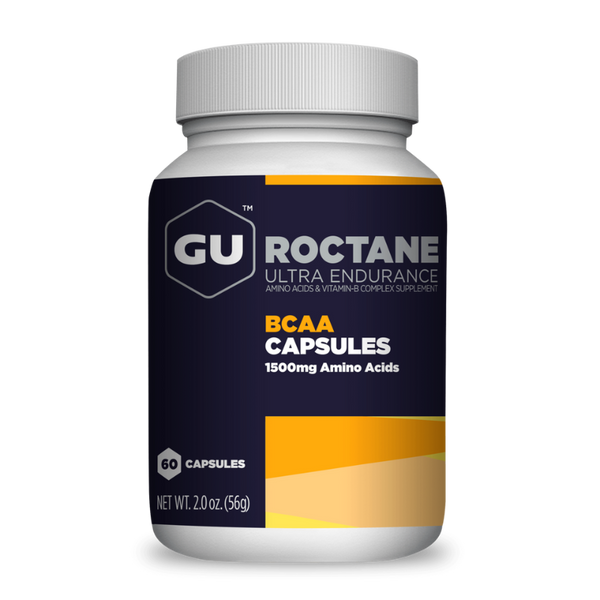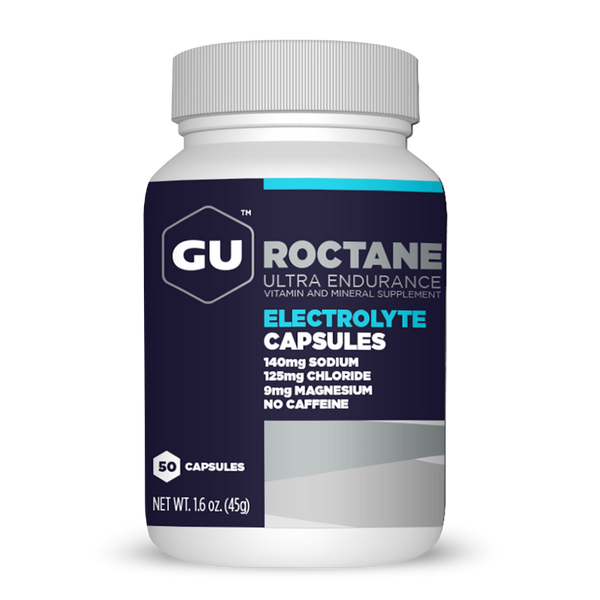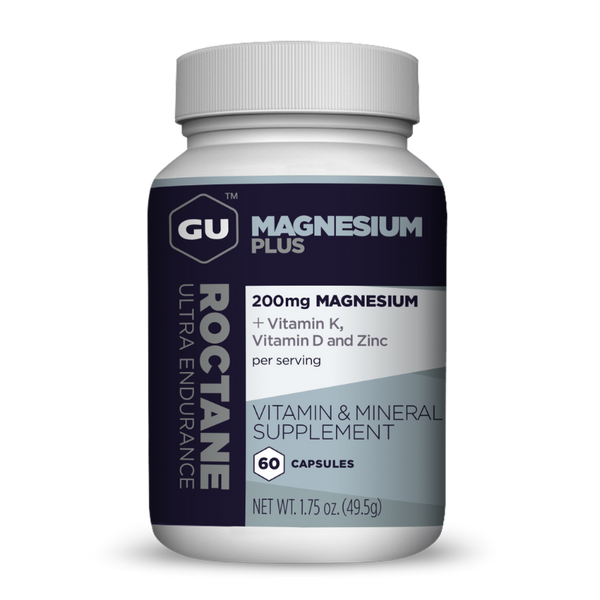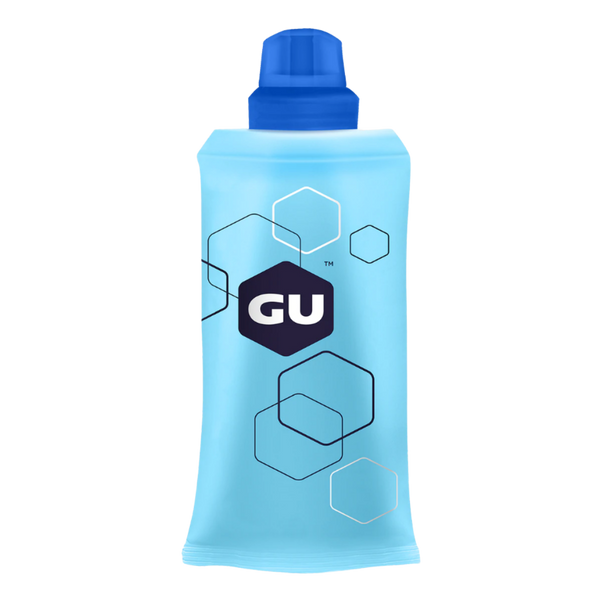BCAA BENEFITS AND REASONS YOU SHOULD TAKE THEM TODAY
You may have heard about BCAA capsules or seen BCAA pills promoted in training communities. But what exactly are BCAAs, and why do they hold such importance in sports nutrition? This article breaks down the science behind branched-chain amino acids and outlines research-supported reasons to consider supplementing with them today.
WHAT IS A BCAA?
BCAAs refer to three essential amino acids: leucine, isoleucine, and valine. These compounds are described as "branched-chain" due to their chemical structure. Amino acids are the fundamental units that make up proteins, which in turn support muscle tissue, enzymes, and various physiological functions.
Since BCAAs are essential amino acids, the human body cannot synthesize them internally. They must be obtained through dietary sources or supplements such as BCAA capsules. While high-protein foods like meat, dairy, poultry, and eggs contain BCAAs, supplementation offers a concentrated and convenient alternative for individuals with higher demands.
WHAT DO BCAAS DO AND WHAT MAKES THEM "ESSENTIAL"
BCAAs are essential amino acids, meaning they are not made in the body, yet they constitute more than one third of the protein found in human muscle tissue. Supplemental BCAAs are also widely available and often used within the context of sports nutrition. BCAAs are unique because, unlike most other amino acids, they are primarily metabolized within the muscle itself, as opposed to being broken down by the liver. That has two important implications for performance:
- Rapidly Absorbed: BCAAs enter the bloodstream rapidly, bypass breakdown in the liver, and are readily taken up by active tissues (mainly muscle), and
- More Fuel: BCAAs provide an additional fuel source for working muscle, as BCAA breakdown for energy increases during prolonged exercise. BCAAs also play an important role in overall protein turnover, which is to say they help regulate whether the body is in a recovery (tissue building) or catabolic (tissue breakdown) state.
Of the BCAAs, leucine in particular has been shown to initiate muscle protein synthesis (building) and inhibit protein breakdown (Norton & Layman, 2006)[MP1] . This is key whether you are trying to build muscle, maintain lean body mass during caloric restriction, or simply reduce muscle breakdown during intense and/or long-duration exercise.
SIX BCAA BENEFITS
1. BCAAS DELAY FATIGUE DURING PROLONGED EXERCISE
BCAAs have been found to inhibit the onset of both central and peripheral fatigue during exercise, so you can go stronger for longer. Peripheral fatigue (when your muscles get tired) is delayed because BCAAs are used as an additional energy source during prolonged exercise. Event after your body has used its glycogen stores, you can pull power from BCAAs in your muscles (Kainulainen et al., 2013). Central fatigue (when your brain gets tired) may also be delayed by BCAAs that block the amino acid tryptophan from getting into the brain. Tryptophan (the same tryptophan from your post-Thanksgiving drowsiness) is a precursor to the neurotransmitter serotonin, a central fatigue substance which produces feelings of relaxation and sleepiness (Newsholme & Blomstrand, 2006).
2. BCAAS IMPROVE AEROBIC AND ANAEROBIC PERFORMANCE WHEN TAKEN REGULARLY
Trained cyclists supplementing with 6g BCAAs for a week leading up to a graded exercise test to exhaustion achieved a 4% higher VO2max, including 13% higher VO2 at the lactate threshold (LT) and 6% greater power output at LT compared to placebo (Matsumoto et al, 2009). As any athlete knows, a small increase in performance can mean the difference between a podium finish…or not. In another study involving trained cyclists, researchers found that 10 weeks of BCAA supplementation (12g/day) resulted in a 19% increase in all-out sprint peak power and 4% increase in average power relative to body mass when compared to placebo (Kephart et al., 2016). Importantly, the results of these studies indicate that BCAA supplementation can improve both aerobic exercise capacity and anaerobic performance!
3. BCAAS FORTIFY THE IMMUNE SYSTEM
Intense, high-volume training repeated over days and weeks can lead to fatigue, immune suppression, and overtraining if an athlete does not recover adequately between training bouts. Chronic (long term) supplementation with 12g BCAA daily has been shown to improve the immune response to several weeks of intense endurance training in cyclists (Kephart et al., 2016). But how? Researchers have found that BCAAs can also be used by immune cells within the gut as a fuel source, which allows the immune system to regenerate itself more efficiently and protect against harmful pathogens (Zhang et al, 2017). A strong immune system aids in recovery and makes you less likely to get sick.
4. BCAAS PROTECT LEAN MUSCLE
BCAAs have been shown to preserve muscle mass under extremely catabolic conditions characterized by protein breakdown and muscle wasting, such as ultramarathons and high-altitude mountaineering. During exercise, muscle protein breakdown, and in particular, BCAA breakdown for energy is increased (Schena et al., 1992; Shimomura et al., 2004). By providing supplemental BCAAs, the body is less likely to consume its own amino acid (protein) stores. Think of them as your muscle insurance policy!
5. BCAAS PROMOTE MUSCLE PROTEIN SYNTHESIS
This is probably the number 1 reason weight-lifter's love BCAAs! As mentioned before, leucine is the most important of the three BCAAs for initiating muscle protein synthesis (MPS), which is necessary for muscle building. A dose of 2-3g leucine (depending on body weight) is generally considered effective to maximally stimulate MPS, and is often referred to as the leucine threshold (Norton & Layman, 2006). As a point of reference, one large egg contains about 0.5 g leucine, and 5-6 oz of most meat, poultry, or fish sources will provide the recommended 2-3g amount. Dairy products, and whey in particular, are high in BCAA content, which is why you’ll find whey protein in our ROCTANE Protein Recovery Drink Mix.
6. BCAAS REDUCE EXERCISE INDUCED MUSCLE SORENESS AND DAMAGE
BCAA administration prior to and following exercise may reduce the severity and duration of delayed onset muscle soreness (DOMS), the painful sensation that lasts for several days after an intense or unaccustomed exercise bout. Furthermore, studies have shown that BCAA intake reduces muscle damage in response to both resistance training and endurance exercise (Shimomura et al., 2010; Howatson et al., 2012). That means you can bounce back faster and have less muscle soreness between challenging workouts.
WHEN TO TAKE BCAAS
HOW MUCH BCAA PER DAY?
Take between 4g-20g per day (that’s at least three BCAA capsules). The exact dosage and ratio of leucine, isoleucine, and valine is still a matter of debate in the literature, but most studies supplemented within a range of 4g-20g BCAAs per day, usually split into multiple doses.
HOW OFTEN SHOULD I TAKE THEM?
Make it a habit. Studies observe benefits after a week or more of supplementation. Favorable results have been seen with prolonged use, as it appears that the enzyme activity necessary to break down BCAAs increases in response to habitual intake. Many studies have observed benefits after a week or more of daily supplementation.
WHEN SHOULD I TAKE BCAAS?
BCAA capsules can be used strategically throughout the day to support performance, recovery, and muscle maintenance. Here are the most effective times to take them:
- Before workouts: Taking BCAAs before training helps raise plasma amino acid levels, which can reduce muscle breakdown and supply immediate energy to active tissues.
- During workouts: Especially during long or intense sessions, BCAAs can help delay fatigue and protect muscle fibers, serving as an additional energy source when glycogen is depleted.
- After workouts: Post-exercise BCAA supplementation supports muscle protein synthesis and accelerates the repair of muscle tissue, helping you recover more efficiently.
- Between meals: If your daily diet lacks high-quality protein, BCAA capsules can help fill nutritional gaps and maintain a positive nitrogen balance to support muscle health.
These use cases make BCAA pills a flexible tool in your training nutrition plan, regardless of your sport or intensity level.
How to Maximize the Benefits of BCAAs
BCAAs are beneficial for athletes, individuals engaged in high volume or prolonged exercise, those on restrictive diets who may not get enough from whole food sources, or for anyone otherwise at risk of lean tissue breakdown. Research has shown supplemental BCAA intake to be safe for healthy adults in doses of 4-20 g per day, with prolonged intake one week or more showing greater benefits than acute (short term) intake. Aim for 2-3g leucine between meals, before, during or after workouts to maximize muscle protein synthesis. Smaller amounts of BCAAs taken repeatedly over the course of a long training bout are likely beneficial for delaying the onset of fatigue and preventing muscle tissue breakdown.
GU Nutrition Products with the Most BCAAs
ROCTANE Energy Gels are designed for long-duration and high-intensity activities when you’re trying to up your mileage or push yourself further. But what does that really mean? It means that ROCTANE Energy Gels are packed with up to three times as much sodium (depending on the flavor), and twice as many branched-chain amino acids as compared to our original Energy Gels.
ROCTANE Energy Drink Mix is an all-in-one solution to energy and hydration with key nutrients like electrolytes and branched-chain amino acids to keep you feeling strong and energized. The precise blend of complex and simple carbohydrates will fuel you up, so you feel good, longer. Drink one serving every hour to stay energized and hydrated while exercising.
ROCTANE BCAA Capsules may help maintain mental clarity, promote muscle recovery, and decrease muscle soreness while you’re pushing your limits. Each capsule delivers a 4:1:1 ratio of the three BCAAs (L-Leucine, L-Valine, and L-Isoleucine) to help promote muscle recovery along with B Vitamins that can help facilitate amino acid metabolism and energy production during exercise.
FREQUENTLY ASKED QUESTIONS
Q: Are there any side effects associated with taking BCAAs?
A: BCAAs are generally very safe and well-tolerated by most individuals. However, excessive intake can lead to possible side effects such as fatigue, coordination issues, and gastrointestinal discomfort. It is important to follow the recommended dosage on the product packaging or consult with a healthcare provider to determine the right amount for your needs.
Q: Can I get enough BCAAs from my diet or should I use supplements?
A: While BCAAs are found in high-protein foods such as meat, dairy products, and legumes, the concentrations in BCAA supplements can be higher, offering more targeted benefits, particularly for those with higher physical demands.
Q: Should I take BCAAs on rest days?
A: Yes, taking BCAAs on rest days can be beneficial, especially if you are following a rigorous training schedule! On rest days, BCAAs can help maintain muscle protein synthesis, support muscle repair, and reduce muscle soreness.

